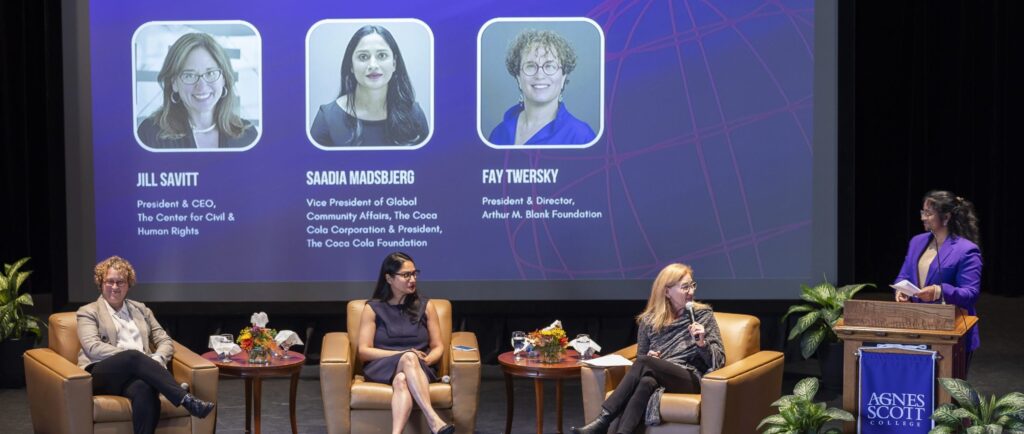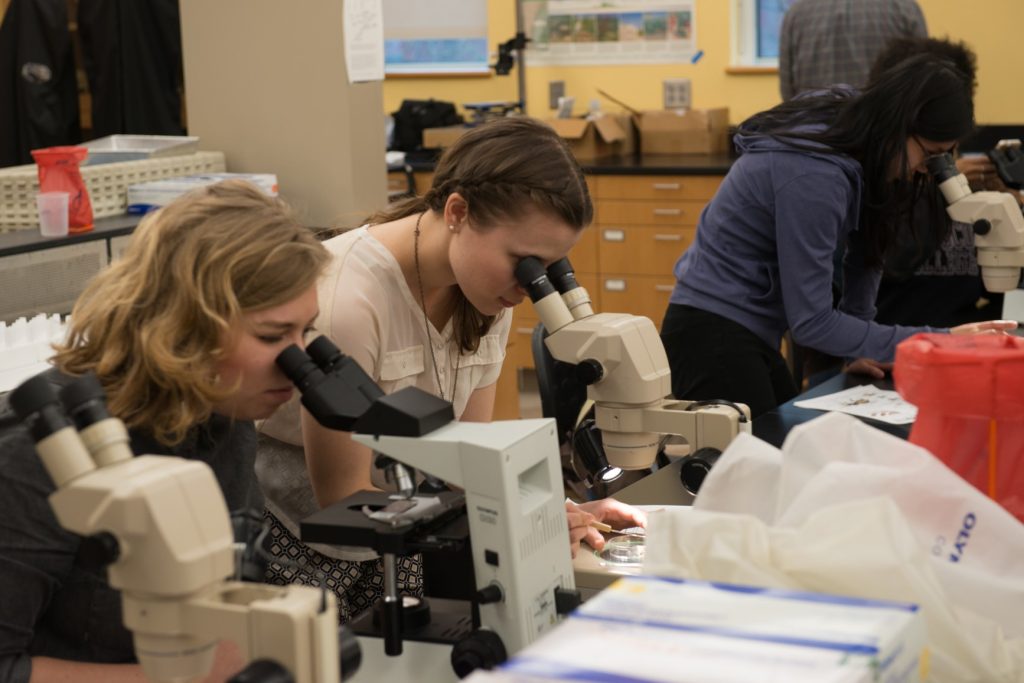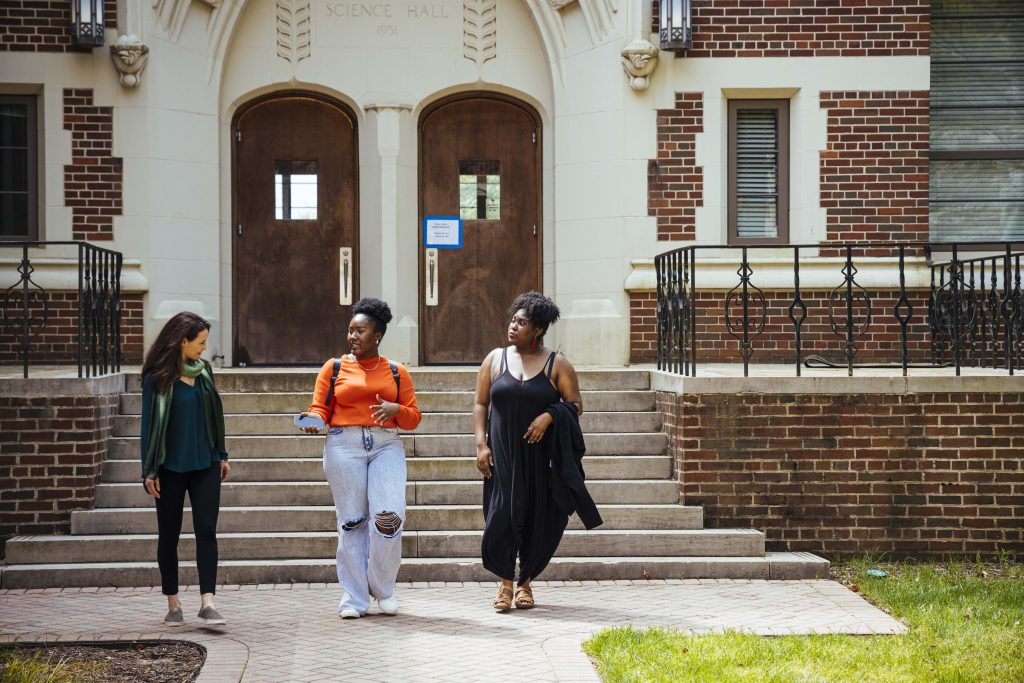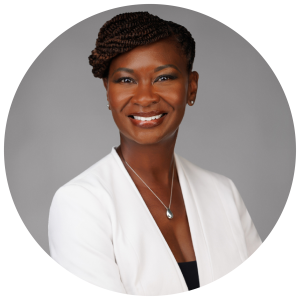
Pictured L-R: Fay Twersky, President & Director, Arthur M. Blank Foundation; Saadia Madsbjerg, President of The Coca-Cola Foundation and Vice President of Global Community Affairs for The Coca-Cola Company; and Jill Savitt, President & CEO, The Center for Civil & Human Rights, discuss social mobility at Agnes Scott’s Women’s Global Leadership Conference.
A recent poll revealed a startling statistic: less than 1/3 of women in the US believe that in our nation, anyone can get ahead through hard work. And young women reported the lowest levels of belief. Somehow, upward mobility is feeling less possible for many, even as philanthropy, the business community and higher education institutions recognize that social mobility is the bridge to opportunity and the investment required for an equitable future.

“Although fifty percent of the global population continues to grapple with economic insecurity, we believe education is the key to breaking the cycle of poverty. The Coca-Cola Foundation supports the path to upward mobility and stability through the Coca-Cola First Generation College Scholarship Program, which has created a path to empowerment for thousands of students in Atlanta and across the United States.”
– Saadia Madsbjerg, president of The Coca-Cola Foundation and vice president of Global Community Affairs for The Coca-Cola Company
Madsbjerg was part of Agnes Scott College’s 2023 Women’s Global Leadership Conference (WGLC) where business, philanthropic and academic leaders engaged with students to discuss the importance of access and visibility to social mobility. Panelists from leading Atlanta organizations shared reflections on how visibility, inclusion and access have impacted their career achievements.
Madsbjerg was part of Agnes Scott College’s 2023 Women’s Global Leadership Conference (WGLC) where business, philanthropic and academic leaders engaged with students to discuss the importance of access and visibility to social mobility. Panelists from leading Atlanta organizations shared reflections on how visibility, inclusion and access have impacted their career achievements. Co-panelist Fay Twersky of the Arthur M. Blank Family Foundation reflected on her experience as a Pell Grant student, sharing how her work study job at the American Red Cross was her “other education.” It provided her with a set of experiences serving those less fortunate – people facing homelessness, food insecurity and other emergencies – who were a world away from the university she was attending a few miles up the road. This led her down a path to solve systemic, seemingly intractable, social problems – using research and data to figure out what works and to inform decisions at nonprofits—and ultimately to a leadership role in philanthropy. But, when she was just a student working at the American Red Cross, Twersky shared, “I never knew philanthropy [as a career] existed, or that my work study job was a critically important launchpad.”
Access and exposure to professional leaders was repeatedly mentioned as important for social mobility. Venessa Harrison, President AT&T Southeast Coastal States, suggested that students recognize the importance of people willing to speak up on their behalf, sharing,
“You cannot do it by yourself. You have to surround yourself with a village of people who support you, and they don’t always have to look like you.”

At Agnes Scott, Social Mobility Success is a Commitment
Agnes Scott College, ranked #2 in the nation for social mobility*, committed to educating diverse students decades ago. Since 2010, Agnes Scott College has had one of the most diverse student bodies in the U.S., who arrive mostly from public schools. Additionally, 56 percent of undergraduate and 66 percent of graduate students are underrepresented minorities. Among undergraduates, one-third are first-generation college students, and nearly 40 percent receive the Pell Grant, awarded to students who have exceptional financial need.
“We are intentional in creating an environment where barriers to professional networks, study abroad, internships and faculty relationships are overcome so that every student benefits from everything we know to drive learning and professional success.”
– Agnes Scott College President Leocadia Zak

Agnes Scott College Partners are Critical to Social Mobility Outcomes
Agnes Scott College could not achieve these transformative outcomes without the experiential learning and financial support of corporate partners. Hosting sophomores for leadership shadowing, recruiting interns and entry-level candidates, and providing funding to support student experiences like the Women’s Global Leadership Conference and Bridge to Business are just a few examples of how corporate and foundation partners are supporting social mobility for the next generation of women leaders. Visit partner.agnesscott.edu to learn more about our Impact, Experiential and Recruiting partnerships.

“I was born and raised in rural Georgia so I didn’t have a frame of reference of what being a part of corporate America truly meant. But my experience at Agnes Scott, including exposure to different work environments, and the lessons I learned from studying abroad helped prepare me. By the time I went to law school, I held three fundamental beliefs: being a Black woman would be my joy and not my burden; I’m a leader, no matter my title; and I want to be a source of economic stability for my family and my community.”
– Tara Hogan Charles, Senior Director, Global government relations and public policy at the Procter & Gamble Company and Agnes Scott College trustee and alumna